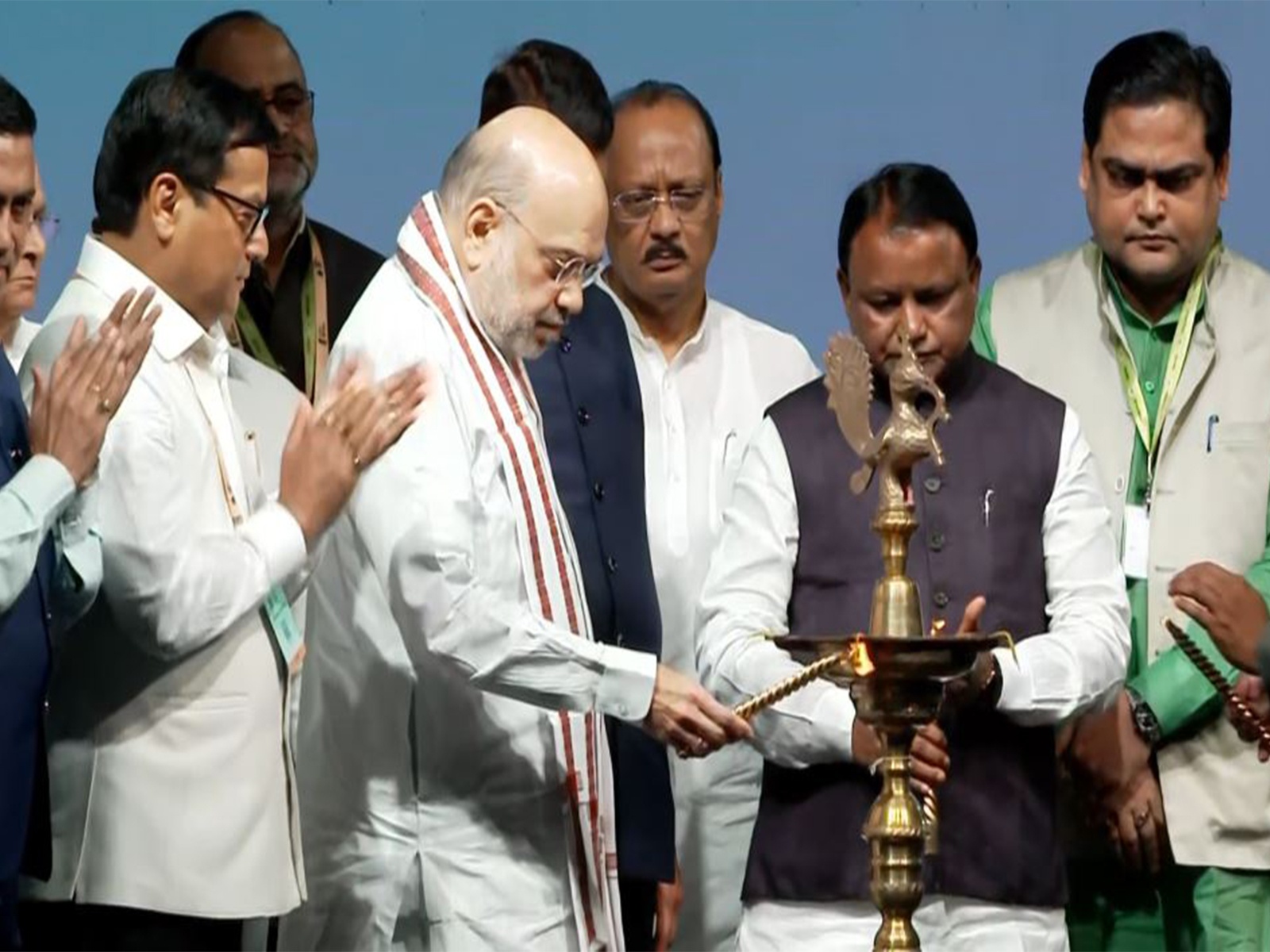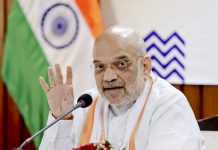Union Home Minister Amit Shah on Monday inaugurated state-of-the-art deep-sea fishing vessels at Mazagon Dock in Mumbai, Maharashtra. The event was attended by Chief Minister Devendra Fadnavis, Deputy Chief Ministers Eknath Shinde and Ajit Pawar, and Union Minister of State Murlidhar Mohol.
Marking a historic milestone in cooperative-led deep-sea fishing, Union Cooperation Minister Amit Shah handed over the keys of the vessels to beneficiaries. The initiative reflects India’s commitment to self-reliance, sustainability, and empowering cooperatives in the fisheries sector.
The vessels, provided under the Pradhan Mantri Matsya Sampada Yojana (PMMSY), have a unit cost of ₹1.2 crore, supported financially by the Government of Maharashtra, the National Cooperative Development Corporation (NCDC), and the Department of Fisheries under the Union Ministry of Fisheries.
Raising the vision of Aatmanirbhar Bharat and strengthening the Blue Economy, the project under Prime Minister Narendra Modi aims to modernize India’s marine fisheries sector, enhance deep-sea fishing capacity, and promote cooperative-led growth in coastal regions. The initiative will enable exploration of fisheries resources in India’s Exclusive Economic Zone (EEZ) and High Seas.
To accelerate cooperative-led deep-sea fishing through cooperatives and Fish Farmer Producer Organizations (FFPOs), a Joint Working Group (JWG) has been formed by the Department of Fisheries and the Department of Cooperation.
Traditionally, India’s marine fisheries sector has relied on conventional vessels venturing only 40–60 nautical miles from the coast, limiting catch volumes and economic returns. The new initiative empowers fisheries cooperative societies and FFPOs to sustainably harness the vast potential of the EEZ and High Seas, particularly around Lakshadweep and the Andaman & Nicobar Islands. It is expected to expand high-value fisheries, such as tuna, boosting seafood exports and strengthening coastal livelihoods.
The newly inaugurated vessels at Mazagon Dock are equipped with advanced technologies for sustainable harvesting, ensuring minimal ecological impact while maximizing economic benefits. Integrated digital systems on board will enhance traceability, safety, and operational efficiency, aligning India’s marine practices with global standards of responsible fishing.
The initiative also focuses on strengthening fisheries cooperatives, supporting the growth of FFPOs, and promoting women-led enterprises to drive inclusive growth and socio-economic transformation in coastal communities.
Government schemes such as PMMSY and the Fisheries and Aquaculture Infrastructure Development Fund (FIDF) complement this initiative by developing cold-chain and value-chain infrastructure for marine produce, improving quality, shelf-life, and market access for fisheries products.
By generating employment in coastal belts and boosting India’s seafood exports, the deep-sea fishing initiative reinforces the country’s position in global marine trade. The project promotes sustainable fishing practices, responsible resource management, and national objectives of food and nutritional security, while safeguarding the long-term health of marine ecosystems.


















